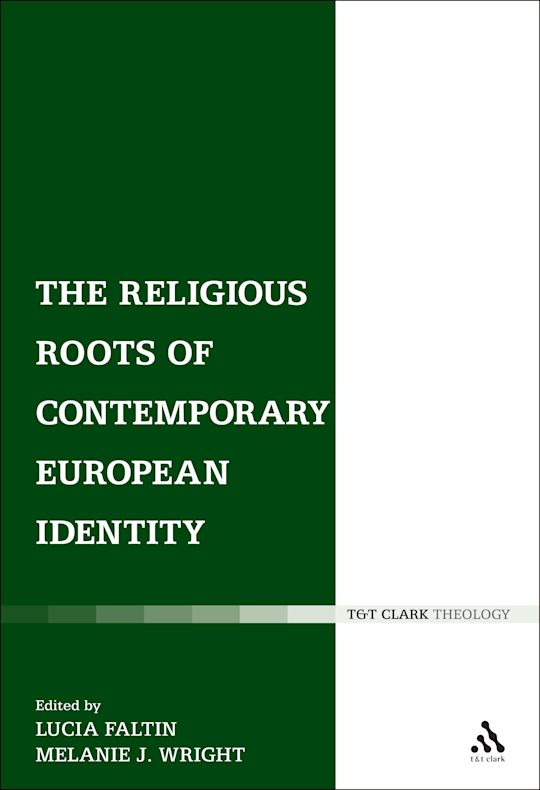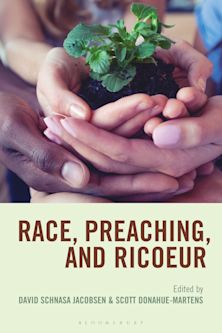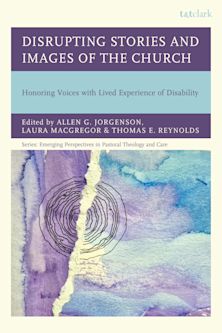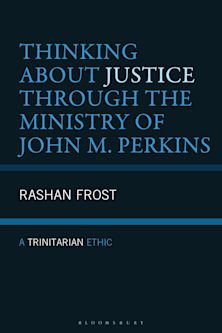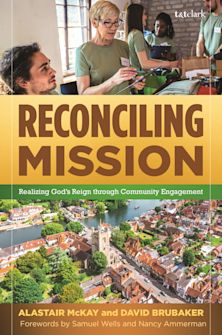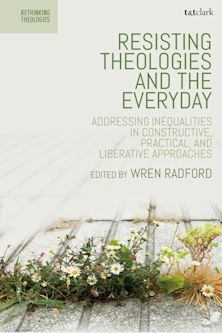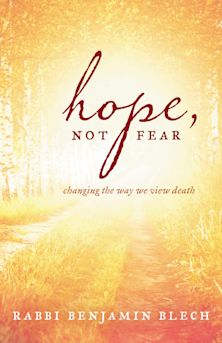- Home
- ACADEMIC
- Theology
- Theology and Society
- The Religious Roots of Contemporary European Identity
The Religious Roots of Contemporary European Identity
The Religious Roots of Contemporary European Identity
For information on how we process your data, read our Privacy Policy
Thank you. We will email you when this book is available to order
You must sign in to add this item to your wishlist. Please sign in or create an account
Description
Table of Contents
Table of contents:
Acknowledgements
Ján Figel
Lucia Faltin
Sara Silvestri
Re-viewing My Son the Fanatic (Udayan Prasad, 1997) after 7/7; or, Roots, Routes, and Rhizomes
Melanie J. Wright
Only Connect: A Case Study of the Influence of the
At the European roots of the inter-religious dialogue between
Historical Memory: Blessing or Burden? Russian Orthodox
The Russian Orthodox Church and the European Union; Constructing a Russian Orthodox identity in
The impact of post-1989 changes on Polish-Jewish relations and perceptions: memories and debates
Memory and Civic Education: Holocaust and coming to terms with national history
Jolanta Ambrosewicz-Jacobs
The Roman Catholic Church in
The Europe of citizens vis-a-vis the Europe of nation states
The Religious Society of Czech Unitarians (RSCU) and the construction of Czech national identity
Pope Benedict XVI Europe and Interreligious Dialogue: A Theological Contribution
Patrick Morrow
The Quarrel over the Religious Roots of European Identity in the European Constitution and the Nature of Historical Explanation: A Catholic Coign of Vantage
Interfaith Dialogue
Stanislaw Krajewski
Afterword: How secular is
Tomáš Halík
Bibliography
About the Authors
Product details
| Published | 01 Sep 2007 |
|---|---|
| Format | Ebook (PDF) |
| Edition | 1st |
| Extent | 248 |
| ISBN | 9780826423481 |
| Imprint | Continuum |
| Publisher | Bloomsbury Publishing |
About the contributors
Reviews
-
"Many have spoken of the increased secularization of Europe. This excellent volume from an international conference in Cambridge offers a comprehensive overview of the current debate, placing it as well in a historical context. It takes up ongoing questions such as antisemitism but also more contemporary ones such as an intense discussion over the role of Islam. Perspectives come from all parts of Europe--West, Central, East and from all the major European religious traditions. An indispensable addition to this vital debate." John T Pawlikowski, OSM, Ph.D, Professor of Social Ethics, Director, Catholic-Jewish Studies Program, Catholic Theological Union, Chicago, USA.
John T Pawlikowski
-
"At the start of this century, Europe - once so fragmented in its history - stands on the threshold of a new era of power and influence on the world stage. But unless we can understand the roots of Europe's potential unity, we cannot work to actualize it. This book delves deep, and challenges the prevailing view that religious identity, built up over centuries, can be overlooked, dismissed, or reduced in the quest for a new human future. The great constituents of European identity - Judaism, Christianity, Islam, and secular values - are analyzed here with illuminating perspicuity. A book of such depth, richness and originality needs to be read more than once. We owe its editors an immense debt of gratitude". Professor Julius Lipner, Professor of Hinduism and the Comparative Study of Religion, Divinity Faculty, University of Cambridge.
Julius Lipner
-
'The book is multidisciplinary in its approach and combines insights from history, social sciences, philosophy, religious studies and theology. Although it only occasionally touches upon educational issues, the book gives useful perspectives on how to deal with European complexity in the context of civic and religious education.'
British Journal of Religious Education
-
'This book offers valuable insights into the concerns of religious educationists during their subject's definitive period of transformation as well as giving a clear account of Gate's own contribution. Gates captures and reflects the humane and liberal spirit of Smart's seminal contribution to religious education. His own approach to issues is thoughtful and balanced and has careful regard to the realities of school life and a concern for the broader personal development of children and young people.'
British Journal of Religious Education









